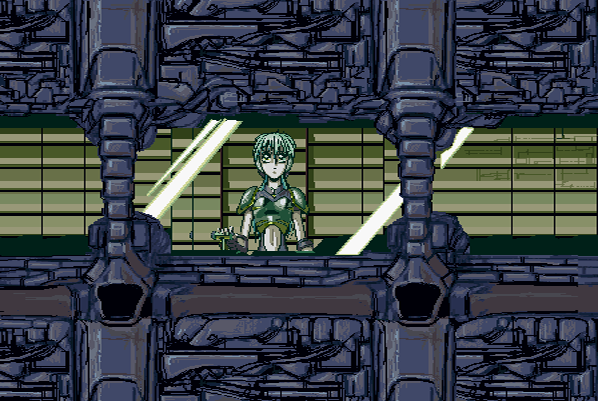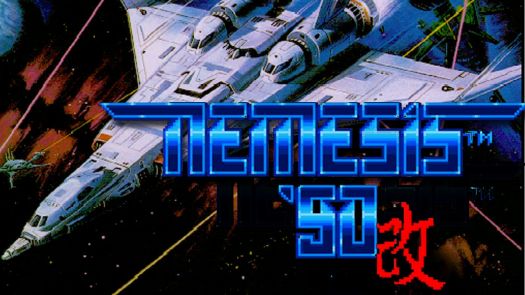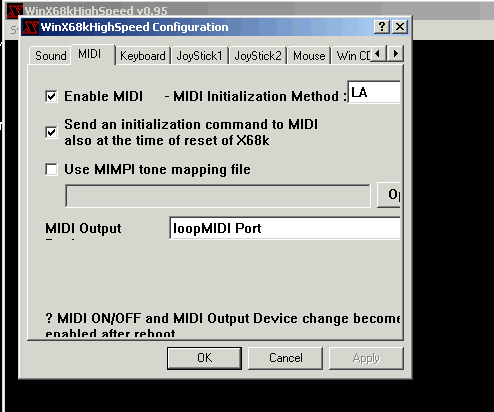
 The file names or extensions don’t matter mt32-pi will scan and detect their types automatically. For information on using multiple ROM sets and switching between them, see the MT-32 synthesis wiki page.
The file names or extensions don’t matter mt32-pi will scan and detect their types automatically. For information on using multiple ROM sets and switching between them, see the MT-32 synthesis wiki page.  You will need at least one control ROM and one PCM ROM. For MT-32 support, add your MT-32 or CM-32L ROM images to the roms directory – you have to provide these for copyright reasons.
You will need at least one control ROM and one PCM ROM. For MT-32 support, add your MT-32 or CM-32L ROM images to the roms directory – you have to provide these for copyright reasons. 
The other boot files will not change often but keep an eye on the changelog just in case.
If you are updating an old version, you can just replace the kernel*.img files. Read the SD card preparation wiki page for hints on formatting an SD card correctly (especially under Windows). Extract contents to a blank FAT32-formatted SD card. Download the latest release from the Releases section. A user interface with menu system is planned. FTP access to files and auto-update is planned. Network MIDI support via macOS native network MIDI, rtpMIDI on Windows, or rtpmidid on Linux. Simple physical control surface using buttons and rotary encoder. LCD status screen support (for MT-32 SysEx messages and status information). Configuration file for selecting hardware options and fine tuning. MIDI input via USB, GPIO MIDI interfaces, or the serial port. This is the recommended audio output method for the best quality audio. It is not currently known whether this can be improved or not. 
Quality is known to be poor (aliasing/distortion on quieter sounds).Pi Zero and 1 are unfortunately too slow (even with an overclock) and unsupported.Pi 2 works, but only with concessions on playback quality.Tested on Raspberry Pi 4 Model B and Raspberry Pi 3 Model A+, B, and B+.The perfect companion for your vintage PC or MiSTer FPGA setup.Easy to configure and ready to play from cold-boot in a matter of seconds.No operating system, no complex Linux audio configuration just super-low latency audio.Includes General MIDI and Roland GS support out of the box thanks to GeneralUser GS by S.Add your favorite SoundFonts to expand your synthesizer with General MIDI, Roland GS, or even Yamaha XG support for endless MIDI possibilities.Turn your Raspberry Pi into a dedicated emulation of the famous multi-timbre sound module used by countless classic MS-DOS, PC-98 and Sharp X68000 games!.A work-in-progress baremetal MIDI synthesizer for the Raspberry Pi 3 or above, based on Munt, FluidSynth and Circle.








 0 kommentar(er)
0 kommentar(er)
